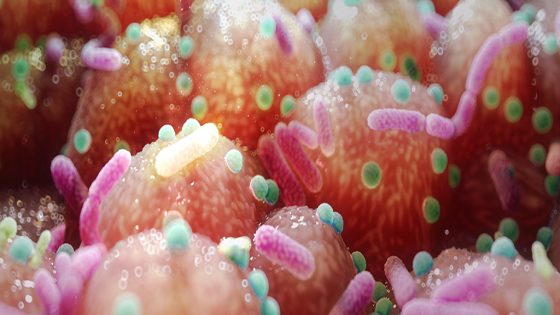Recent research highlights the intriguing connection between gut health and Parkinson’s disease, a neurodegenerative disorder affecting nearly 10 million people worldwide. This groundbreaking study, published on 2025-08-08 15:01:00, suggests that gut microbes may play a crucial role in the disease’s onset.
- Gut-brain link suspected in Parkinson's onset.
- B vitamins may alleviate Parkinson's symptoms.
- Study involved patients from multiple countries.
- Gut bacteria changes linked to vitamin deficiencies.
- Toxins may increase Parkinson's disease risk.
- Individual assessments could guide treatment plans.
Researchers from Nagoya University have identified specific gut bacteria linked to decreased levels of riboflavin (vitamin B2) and biotin (vitamin B7). This finding opens the door to potential treatments using B vitamins to alleviate symptoms and slow disease progression.
This raises an important question: Could dietary changes and supplements be key in managing Parkinson’s disease? The evidence suggests that a healthy gut microbiome could be protective against the disease’s symptoms. Consider these recommendations:
- Incorporate foods rich in B vitamins, like eggs and leafy greens.
- Consult with a healthcare provider about potential supplementation.
- Maintain a balanced diet to support gut health.
As research continues to evolve, staying informed about gut health and its implications for Parkinson’s disease could empower individuals to take proactive steps in their health journey.















![[Adobe Stock]](https://news.faharas.net/wp-content/uploads/2025/07/Ketogenic-Diet-Boosts-Brain-Blood-Flow-by-22-and-BDNF-230x129.jpg)















